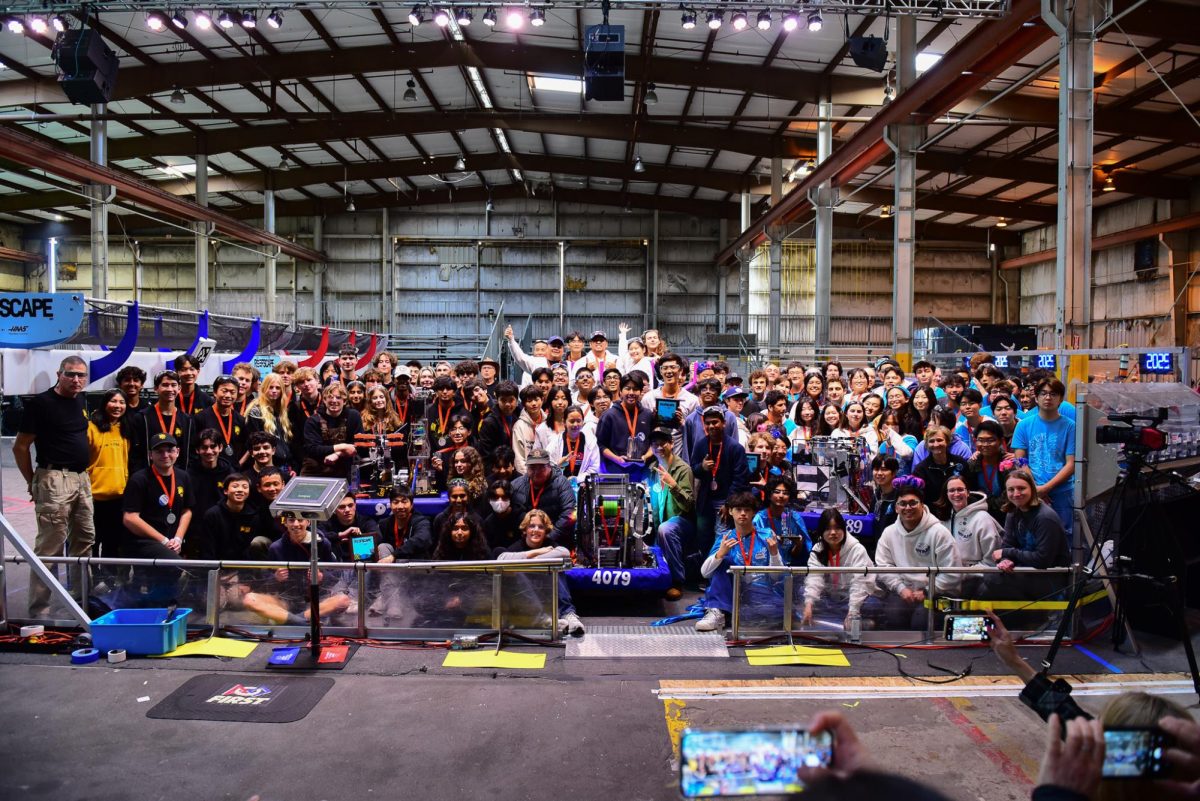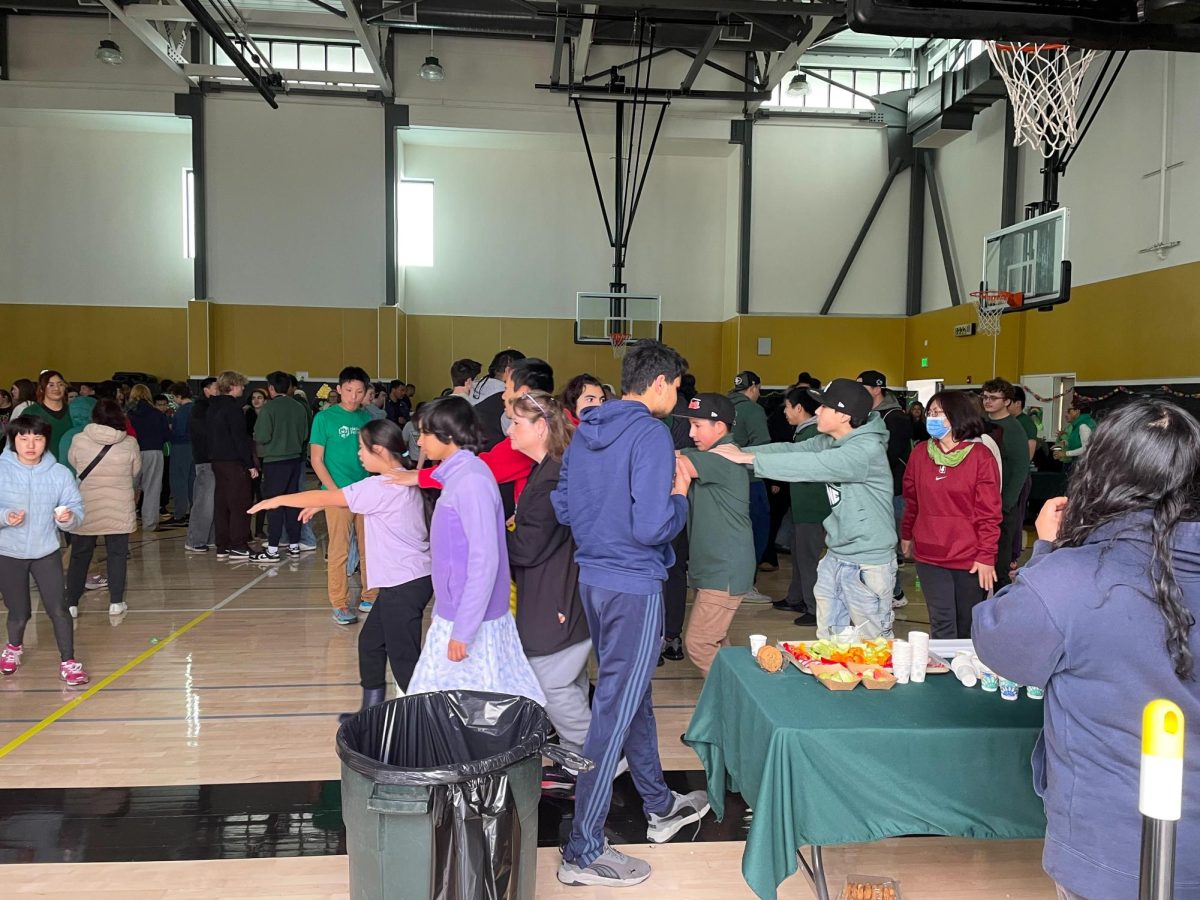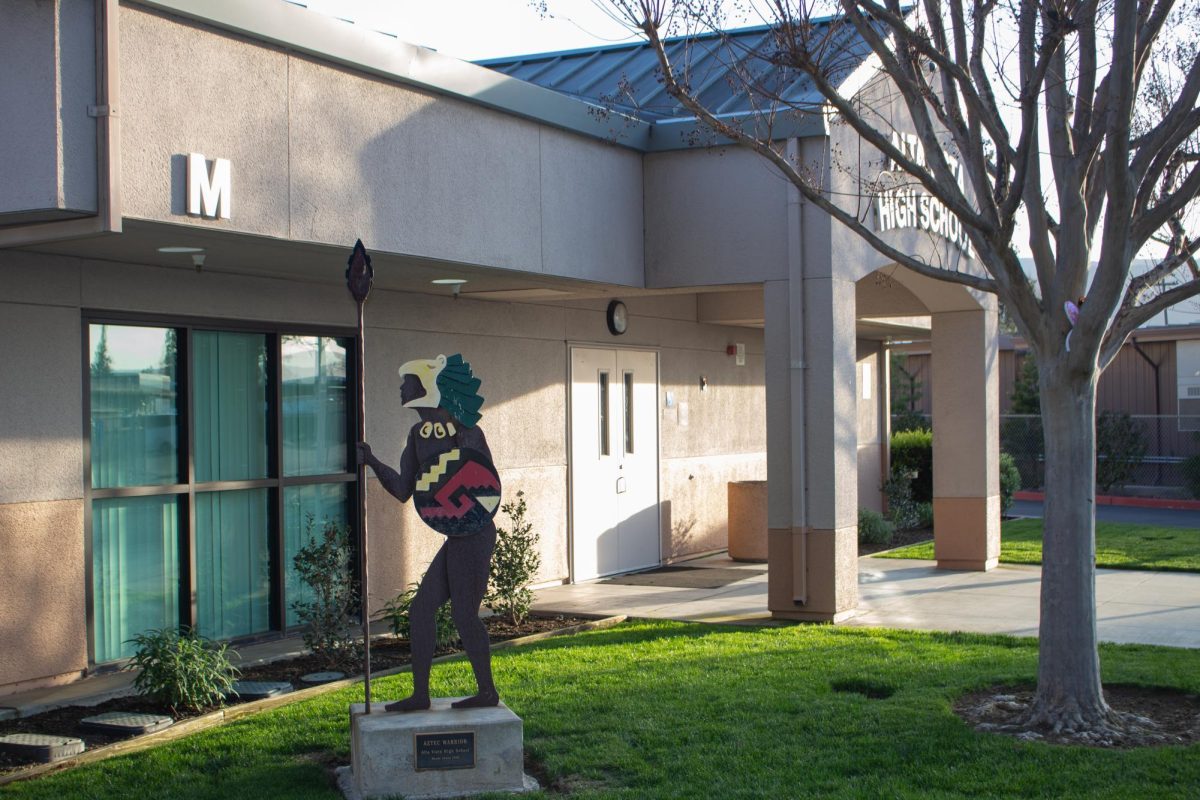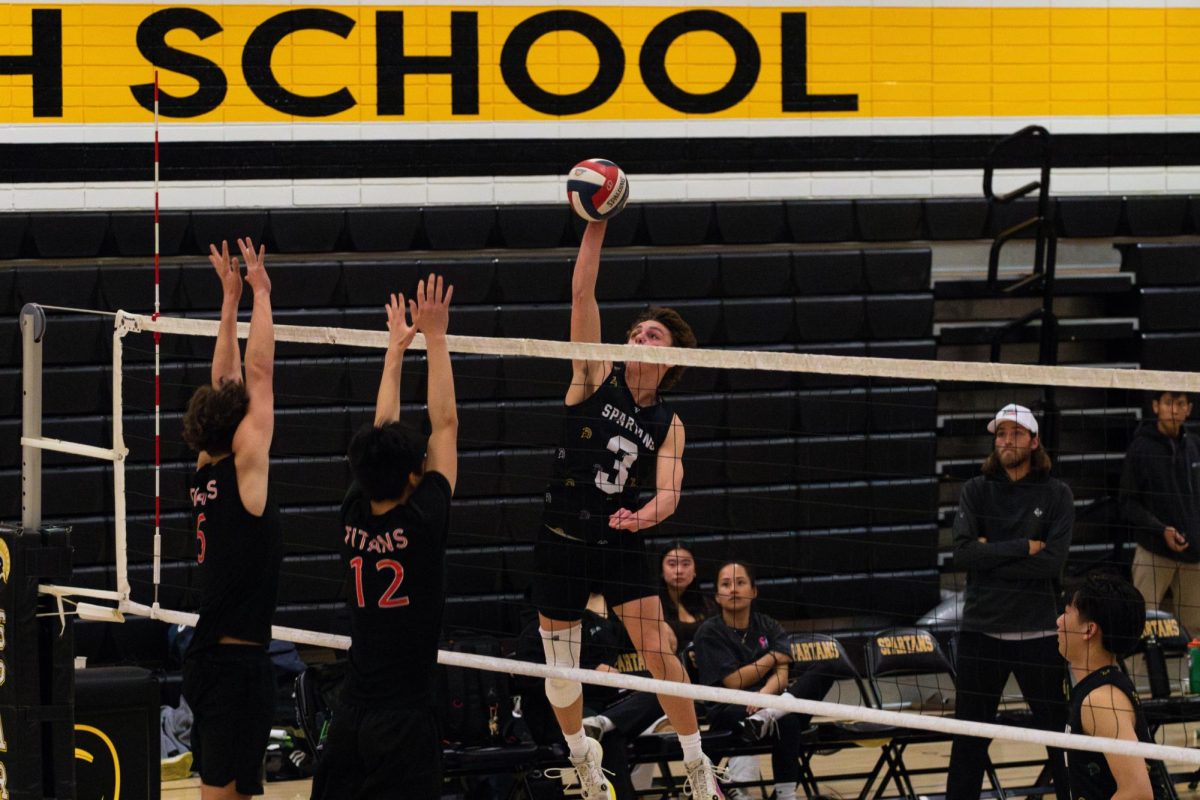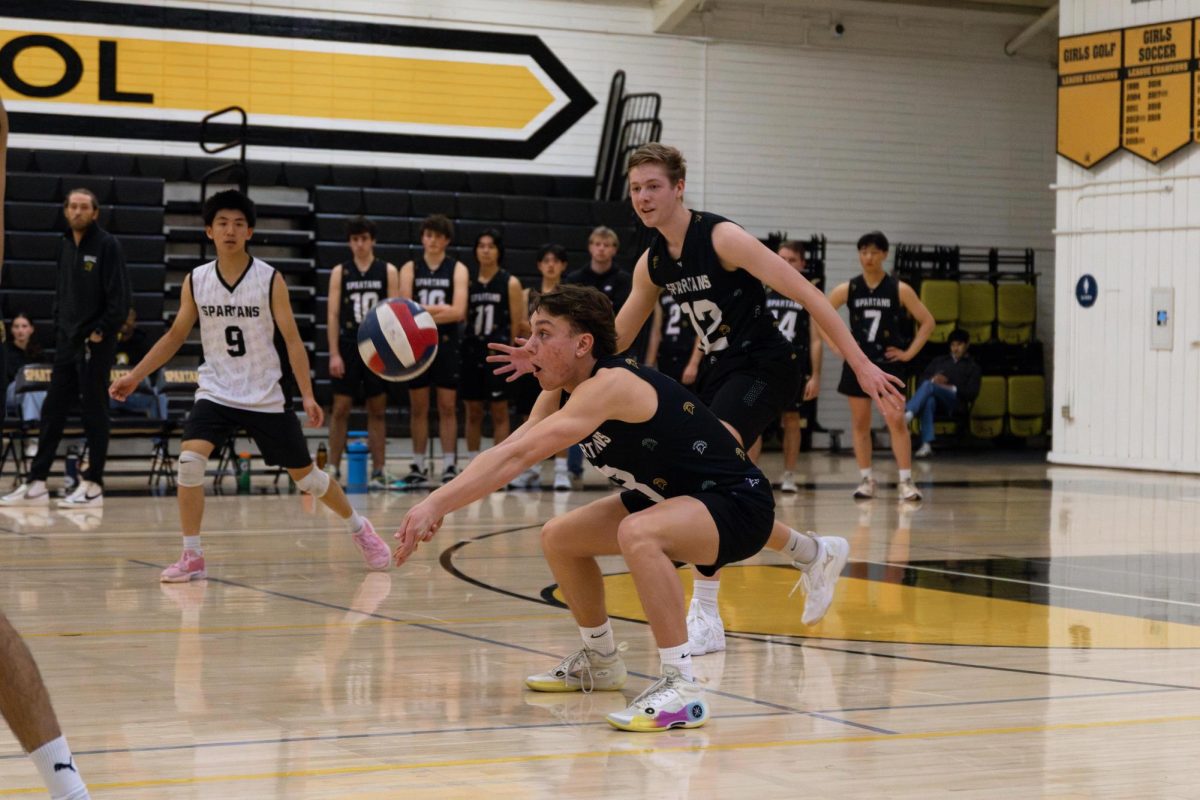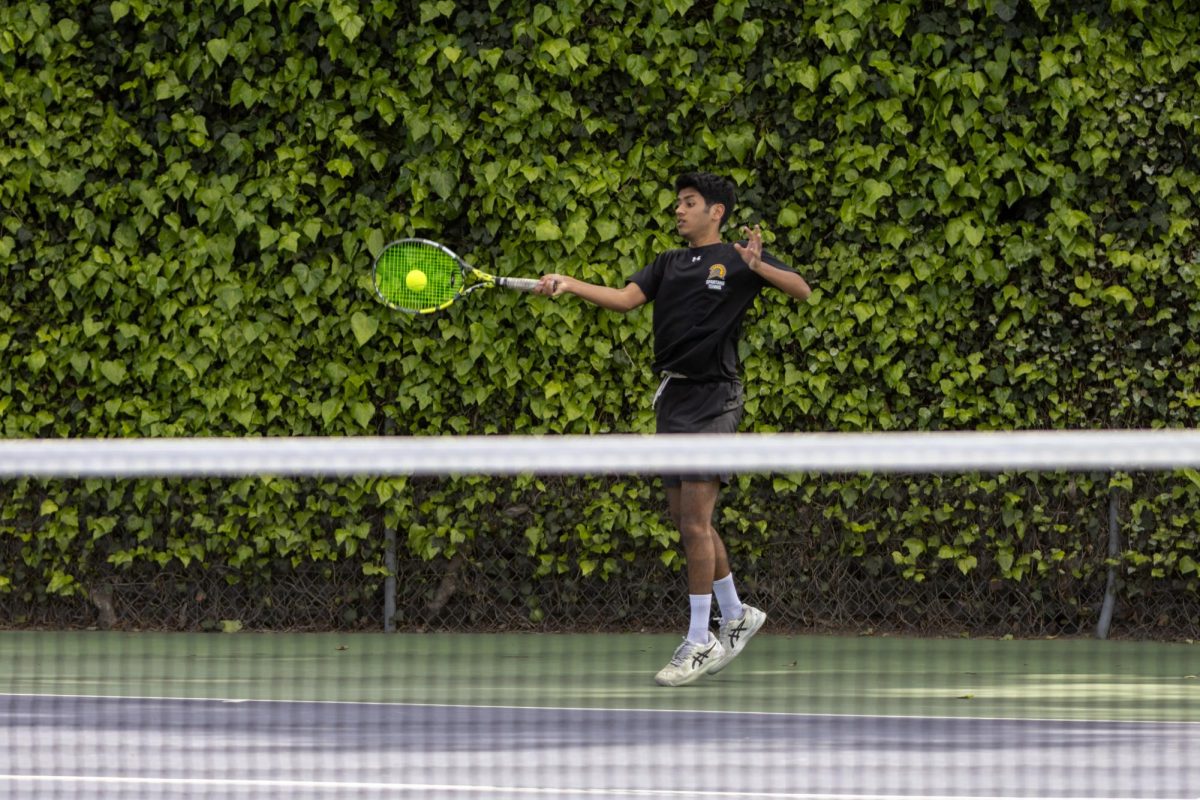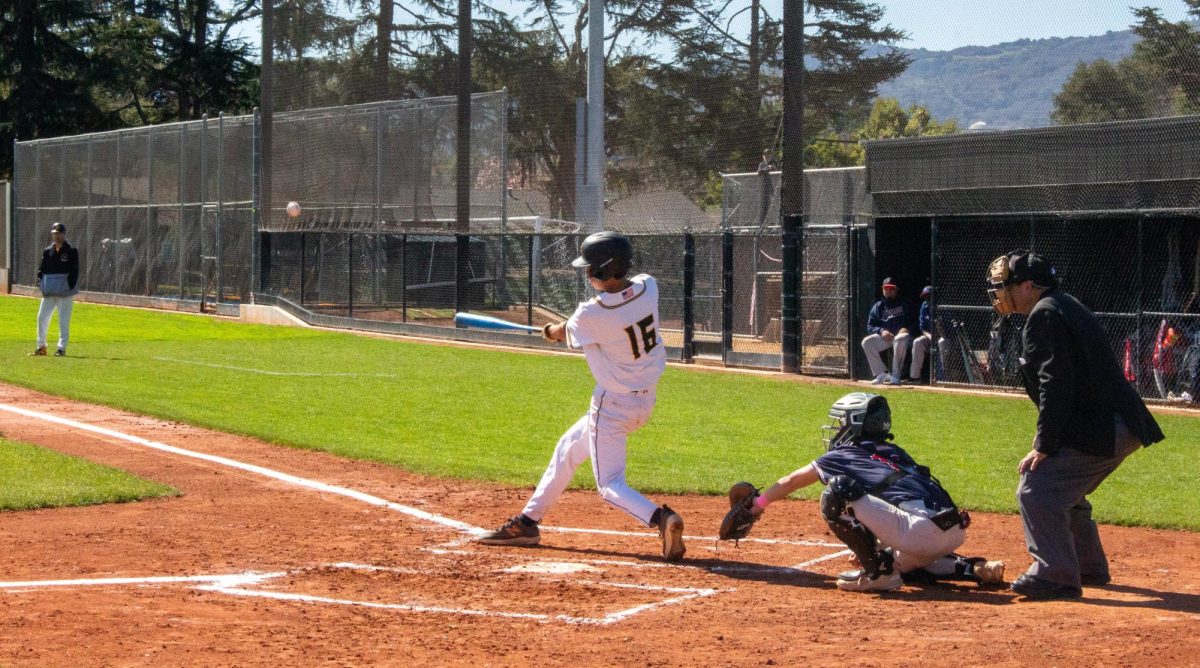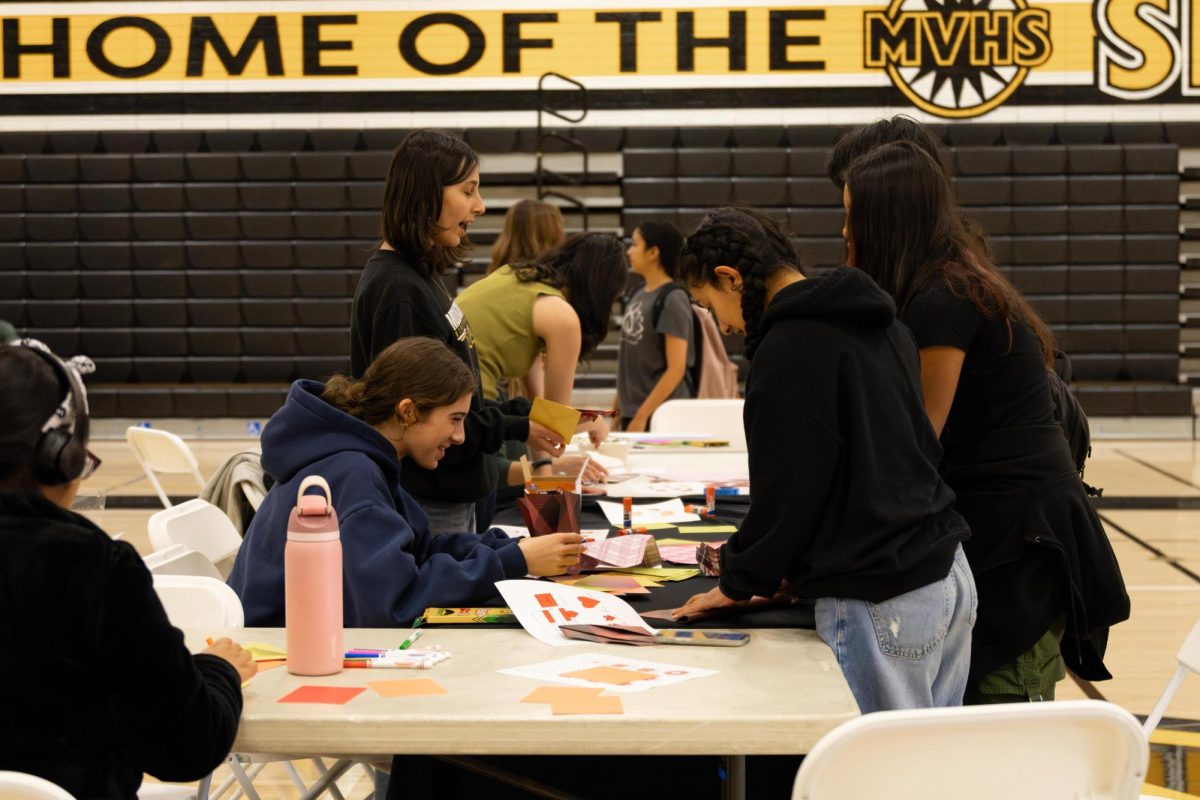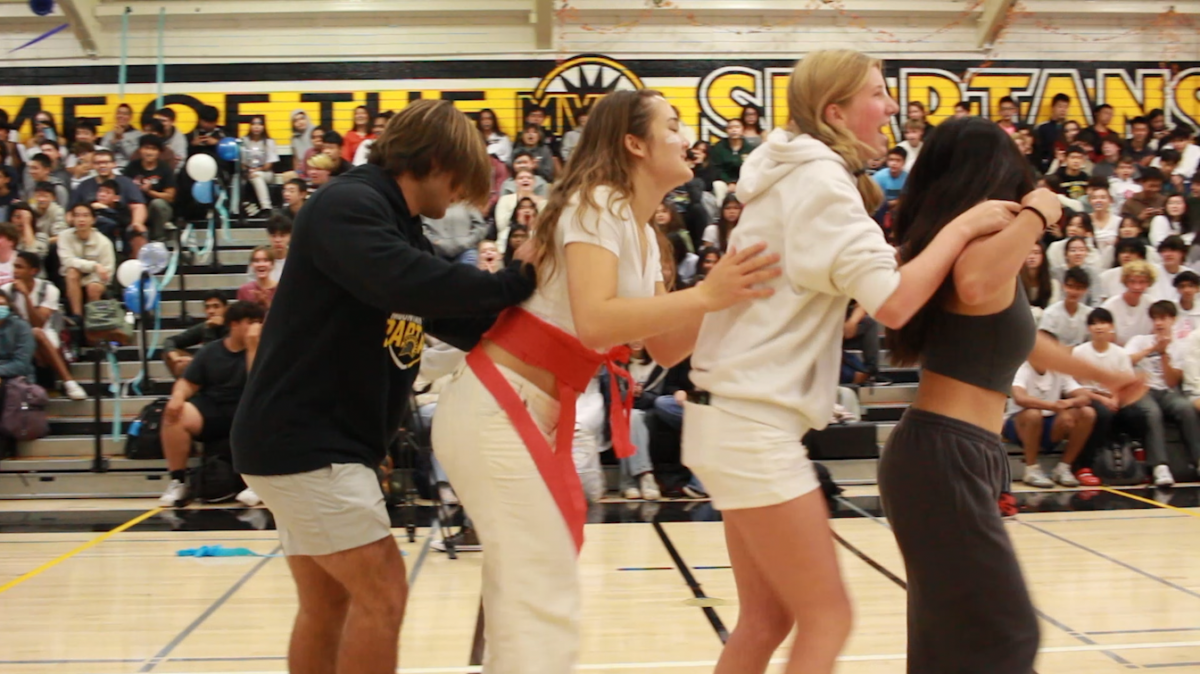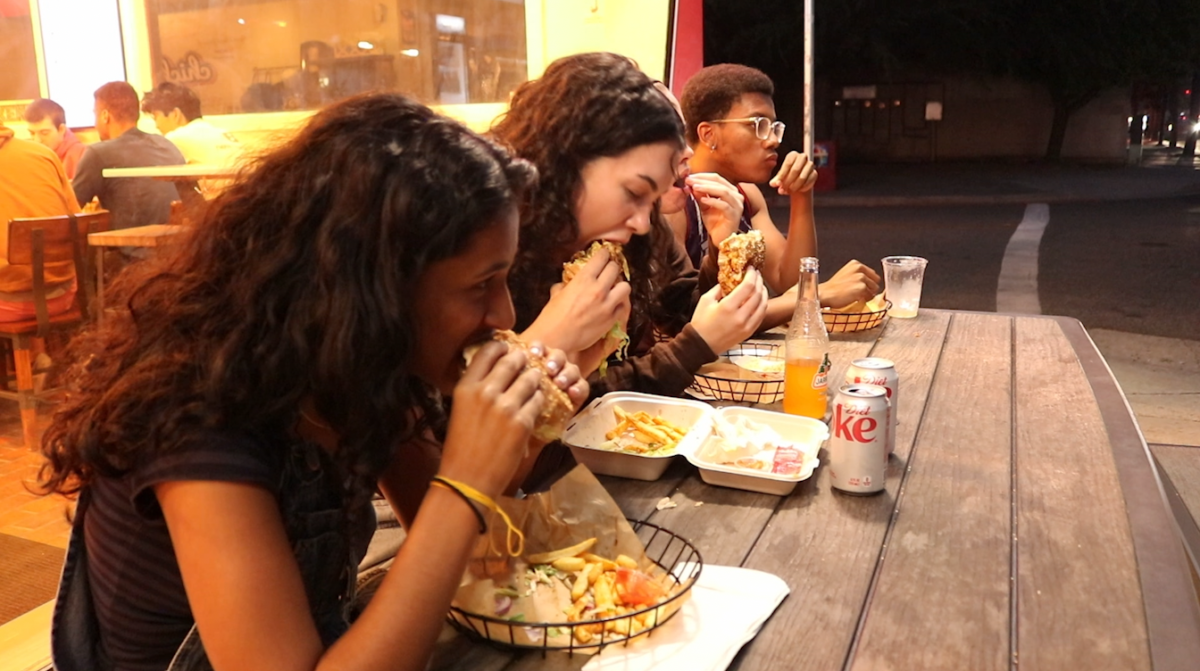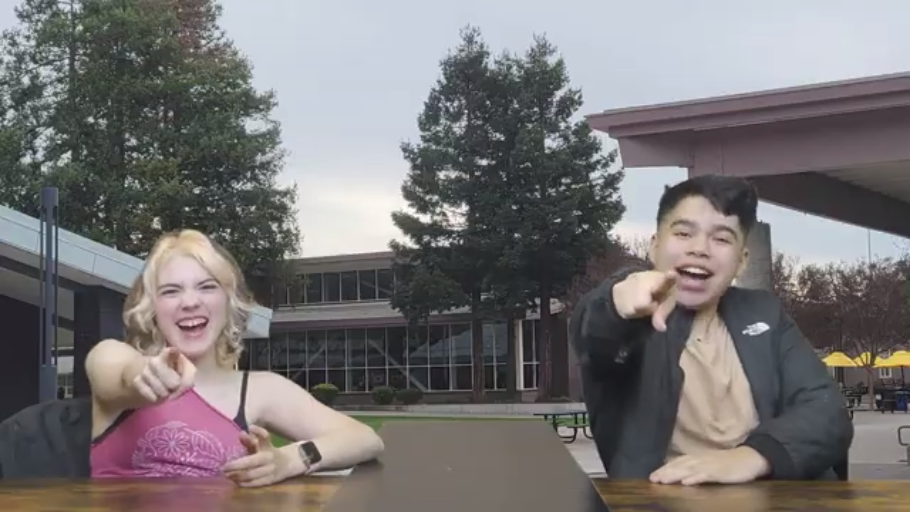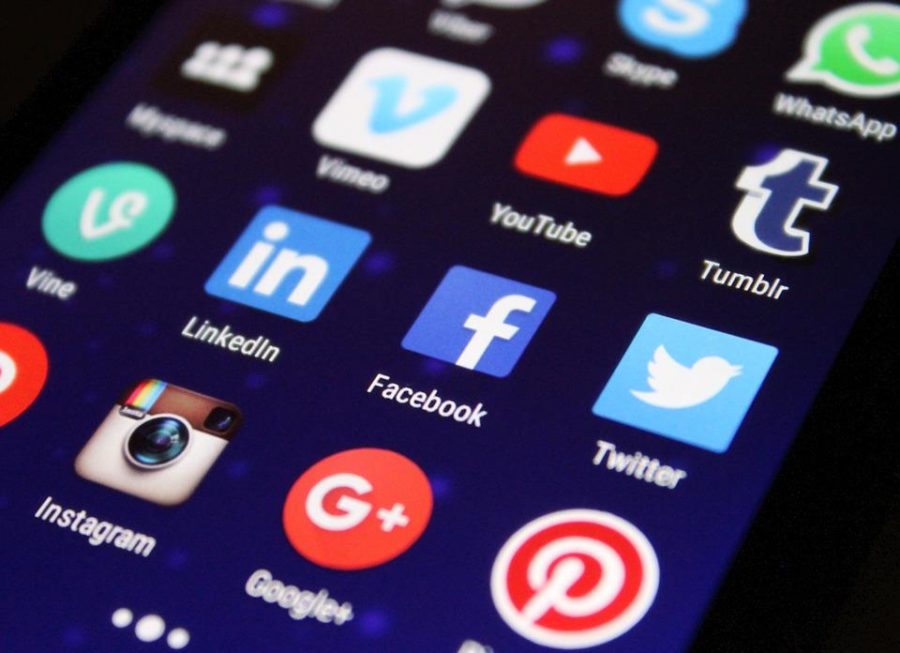The creation of MVHS “confessions” Instagram accounts last week, one of which gained about 650 followers, raised student-wide and administrative concern over online bullying and slander.
The accounts, created by an unidentified person or group, anonymously posted confessions about students and staff, including allegations of sexual behavior and personal opinions about specific students’ physical appearance or character. According to Principal David Grissom, confessions were submitted anonymously through a separate platform linked to the accounts. One account included that the confessions posted could be “fake” in its description.
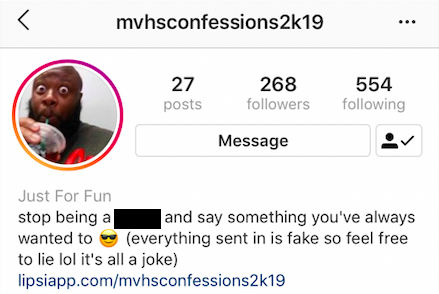
On Monday, Jan. 28th, the administration learned of the accounts when a student reported them to a school therapist. By the next day, Grissom said his inbox had been flooded with emails from students and parents concerned and upset about the accounts.
According to Grissom, the administration repeatedly contacted Instagram in an attempt to remove the accounts, reporting to the company that the content was vicious and needed to be taken down. Grissom said that Instagram denied the request to take down the accounts because they did not violate content guidelines.
Grissom described many of the Instagram posts as examples of “inflammatory and bullying behavior” in an email sent to parents and teachers on Tuesday.
The first account was deleted on Wednesday or Thursday, possibly by the owner; however, other accounts emerged shortly afterward, including a similar account dedicated to LAHS.
Some account owners claimed in their account descriptions that any content could be removed upon request; however, Assistant Principal William Blair said the posts and comments will damage the mental health of victims for years to come regardless.
“[Cyberbullying is] captured in print and in social media, which is in some ways unerasable so young people just keep being traumatized,” Blair said. “It’s like a nonstop barrage of attack, and demeaning, and belittling.”
“The social culture at our school is [somewhere you should] feel safe…but when people are hiding behind screens, they have no filter,”
Both Grissom and Blair said they felt disappointed in the student body and how the accounts reflected campus culture, especially given their stated efforts to emphasize digital citizenship and a positive online culture through assemblies and workshops.
Blair advised against liking or following the confessions accounts and stressed the importance of ignoring them completely, as such actions actively support cyberbullying and could further hurt targeted students.
“Hurting others as entertainment is just anti-human,” Blair said.
One of the students who reported the accounts to school administration, senior Abhiraj Giritharan, said he felt empowered to do so because he wanted to act as an example of the positive culture he wants to see on campus.
“The social culture at our school is [somewhere you should] feel safe…but when people are hiding behind screens, they have no filter,” Giritharan said.
Blair said that resources such as counseling, mental health support, and administrative support would be offered to students who felt victimized and emphasized the importance for students to talk to an adult.
“We have the power to create our culture,” Blair said. “We [can] say ‘not our school, we don’t want this.’”

